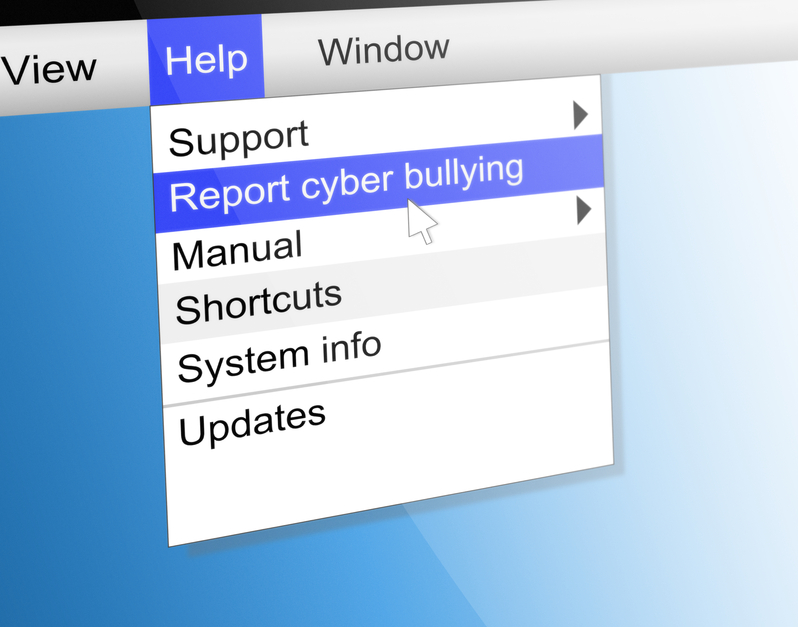It seems juvenile that sexting incidents are making news headlines more and more often these days. Just recently, a teen Instagram "sexting ring" with an account containing more than 1,000 explicit photos of minors was discovered in Virginia; the next day, school officials at a Chicago-area middle school found sixth graders were trading explicit photos. Also this week comes news of an eighth-grade sexting ring in Barrington, Illinois.
According to a 2012 study completed by the Archives of Pediatric and Adolescent Medicine, 28% of teens have sent a "sext" message. Experts predict that number will only go up as more and more teens own smartphones, which make photo taking, sharing, and accessing the internet easier and faster than ever.
Read More »



















3.jpg)
